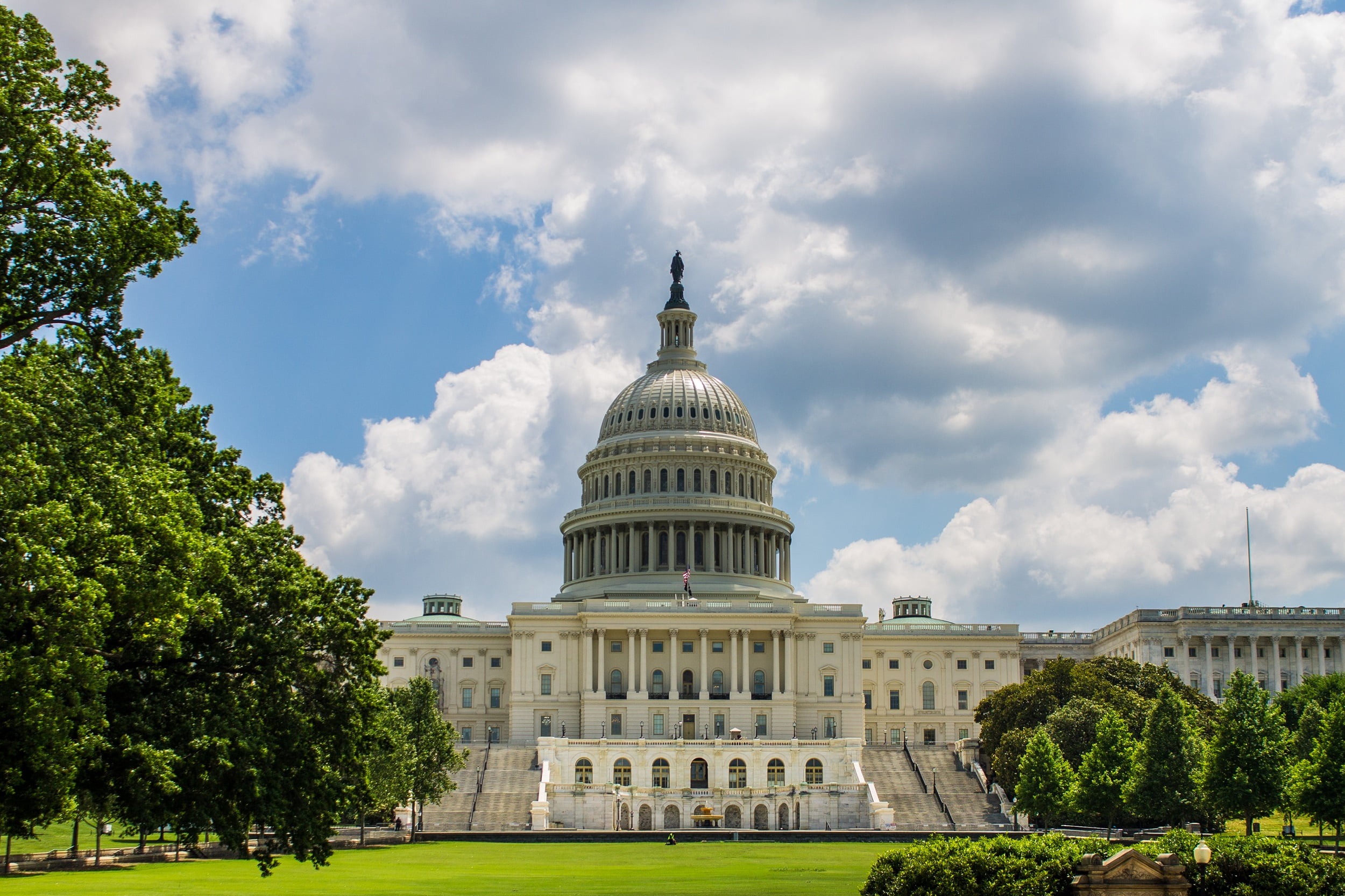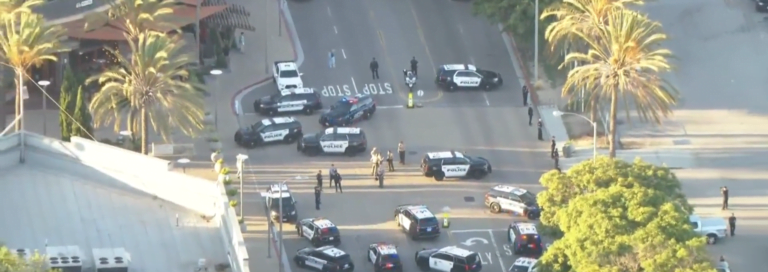Chinese Gate-Crashers at U.S. Bases Spark Espionage Concerns

Chinese Gate-Crashers at U.S. Bases Spark Espionage Concerns
WASHINGTON—U.S. officials have revealed that Chinese nationals, sometimes masquerading as tourists, have gained unauthorized access to military bases and other sensitive sites in the U.S. on as many as 100 occasions in recent years, presenting a potential espionage threat.
To address these incidents, which involve individuals colloquially referred to as “gate-crashers” due to their attempts, either accidental or intentional, to breach U.S. military bases and installations without proper authorization, a review was conducted last year by the Defense Department, FBI, and other agencies.
These incidents span a range of activities, from Chinese nationals found crossing into a U.S. missile range in New Mexico to apparent scuba divers spotted in murky waters near a U.S. government rocket-launch site in Florida. U.S. officials view these actions as a form of espionage, with the individuals often acting on instructions from the Chinese government to assess security measures at U.S. military and federal facilities.
Many of these cases occur in remote, non-tourist areas, far from commercial airports. When confronted by security personnel, the Chinese nationals often employ scripted language, claiming to be tourists who have lost their way. Some encounters involve individuals asserting they have reservations at on-base hotels, while others involve trespassing on bases for seemingly benign reasons, such as following directions on Google Maps to nearby fast-food restaurants located within military installations.
The escalating U.S.-China tensions, exacerbated by incidents such as a Chinese surveillance balloon flying over the U.S., have raised concerns about Beijing’s use of unconventional means to gather intelligence within the U.S., whether by proximity to military bases or through Chinese-manufactured commercial equipment potentially used for spying.
White House and Department of Homeland Security officials declined to comment, and the Pentagon offered only general statements on the matter. The Federal Bureau of Investigation also refrained from providing specific comments.
The Chinese Embassy in Washington disputed the U.S. perspective on these incidents, characterizing the claims as “ill-intentioned fabrications” and calling on U.S. officials to abandon Cold War-era thinking and baseless accusations.
Rep. Jason Crow (D., Colo.) indicated that Congress might consider legislation to address this issue, expressing concerns that many of these cases fall within the jurisdiction of state and local trespassing laws rather than federal regulations, leaving gaps in enforcement.
Some of these intrusions may be relatively harmless, involving individuals inadvertently breaching military bases. However, others raise more substantial concerns and underscore the ongoing threat of low-level Chinese intelligence collection in the U.S.
Emily Harding, a senior fellow at the Center for Strategic and International Studies, noted that the Chinese government’s advantage lies in its willingness to deploy a large number of individuals for intelligence collection efforts, making it difficult for the U.S. government to prove espionage beyond trespassing in cases where individuals are apprehended.
The penetration of U.S. military bases is viewed as a worrisome and growing trend, according to U.S. military and other officials. Some individuals have managed to gain unauthorized access to bases by speeding through security checkpoints, leading to criminal citations, bans from future installation access, and removal from the base.
The Pentagon has conducted several security reviews of bases since 2018, with the most recent one focusing on the physical security of approximately 1,400 base gates and other aspects of base security. While most incidents result in low-level encounters without espionage implications, more serious concerns have arisen, including individuals taking photographs at U.S. Army ranges and even using drones to enhance their surveillance efforts.
Incidents involving Chinese nationals swimming near military facilities and capturing images have also occurred, including at an intelligence center in Key West, Fla., and off Cape Canaveral, near the Kennedy Space Center. These cases may involve espionage activities but are often challenging to prosecute beyond trespassing.
The incidents have even extended to areas near the White House, where Chinese nationals posing as tourists have strayed from designated tour areas to photograph security infrastructure and guard positions before being removed by the Secret Service.
While most trespassers have been briefly detained and escorted out of the country, no espionage charges have been filed in connection with these incidents. However, two Chinese diplomats were expelled from the U.S. in 2019 on suspicion of espionage after improperly entering Joint Expeditionary Base Little Creek, Va., a sensitive U.S. military facility.






